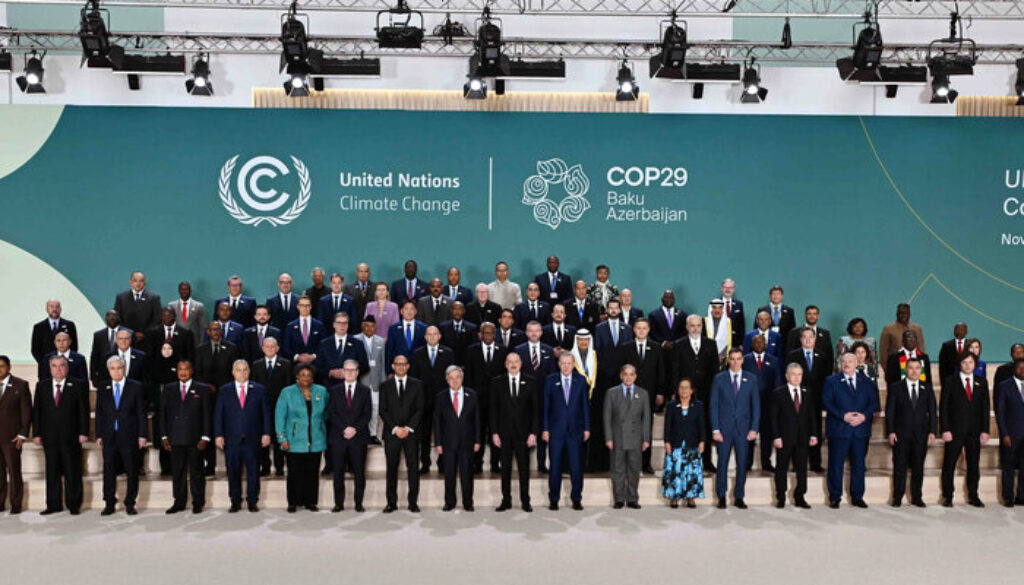The climate agenda: between negationism and lack of ambition
Recently, Ignacio Lara, project manager at KALLIED, wrote an article on the main challenges and opportunities in the global approach to climate change. He analyses the climate agenda, highlighting both current constraints and possible ways forward. In this regard, he highlights how recent events, such as COP29 in Baku and the G20 presidency led by Brazil, have shown a worrying lack of ambition in international commitments. On the one hand, at COP29, although a new climate finance regime was established that foresees 300 billion dollars per year by 2035, this figure falls far short of the 1.3 trillion dollars demanded by developing countries, which disproportionately face the adverse effects of climate change. On the other hand, the G20, whose membership accounts for 80 per cent of global emissions, also failed to reach a strong consensus on the transition to renewable energy and climate finance, reflecting the influence of fossil fuel interests.
In addition to this panorama, there is growing climate denialism in several nations, as evidenced by the recent mandates of leaders such as Donald Trump in the United States or Mazón in Valencia. The latter, according to Lara, inadequately managed the hurricane, one of the biggest recent climatic tragedies in Europe, which left more than 220 people dead. The combination of denialist discourses and the lack of governmental coordination in prevention and response aggravate the consequences of climate change, and are decisive factors in the loss of human lives.
However, despite the discouraging context, the author identifies a source of hope in the emerging leadership of the Global South. Countries such as Brazil and South Africa, through their prominence at the G20 and upcoming climate summits, could play a key role in building more ambitious coalitions that prioritise both social justice and environmental sustainability. Likewise, initiatives such as the Alliance against Hunger and Poverty, which emerged during the G20 in Brazil, represent concrete examples of multilateral actions with a positive impact on the most vulnerable sectors.
Finally, Lara concludes by emphasising the importance of not abandoning multilateralism and collective construction, even in a scenario characterised by ideological radicalisation and the non-fulfilment of climate promises. He argues that politics, with its transformative capacity, continues to be the best tool for tackling environmental and social challenges, as long as efforts are accompanied by effective accountability and concerted action among all actors involved.
In order to read more about the article wrote by Ignacio F. Lara click here.





